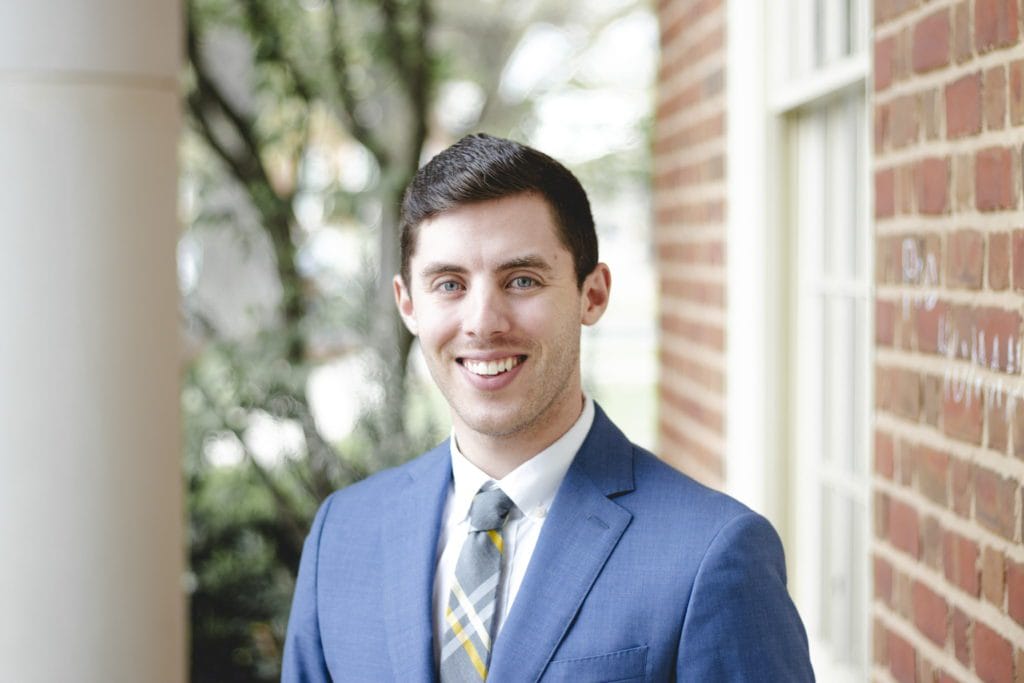By Rayce Lamb
Over the past month, I’ve found one Facebook debate particularly fascinating: gas prices.
As we know, social media has this unique ability to oversimplify complex issues and pit neighbor against neighbor. The rise in gas prices is no exception. Recently, I followed a thread on Facebook between two faith leaders who under most other circumstances find themselves on the same side of a debate. However, the issue of rising gas prices seems to have them at an impasse. One argued that rising gas prices is a direct correlation to the Ukraine conflict and we should ‘check our privilege at the pump’ as we complain about high prices while others are fleeing war. The other argued that these high prices are hurting our community’s most vulnerable and we should remember that many people ‘have no privilege to check at the pump’ in the first place.
As you can imagine, the debate didn’t stop there. New voices chimed in. New perspectives were given. Yet, despite a robust thread of arguments and counterarguments, I never witnessed a changed mind. Should I be surprised? No, but dare I say that I still found this debate helpful? It didn’t solve anything. Gas prices are still high. People are still struggling. Conflict in Ukraine is still escalating. But, this Facebook debate did show something interesting—how we struggle to engage in healthy dialogue around money.
Money is an emotional topic. It is extremely personal and often dictates a large portion of our lives. It can make us feel everything from guilt and shame to joy and love. Yet, most of us struggle to talk about money at all, much less in a way that is healthy and holistic. As a result, we often cloak our own struggles with money by engaging in larger debates that oversimplify complex economic issues. The truth is that the rise in gas prices cannot be attributed to the Ukraine/Russia conflict alone. Does it play a role? Certainly, but so does economic policy, tax policy, energy policy, corporate greed, inflation, clogged supply chains, COVID response, and the American reliance on fossil fuels (and I’m just naming a few).
If we take a step back, we can understand that we are indeed privileged to not be experiencing war at our doorstep and that people in our communities are struggling with increased fuel prices. While war may seem like a more dire circumstance, the lived realities of our own community’s vulnerable should not be dismissed either. As faith leaders we have a responsibility to normalize and elevate conversations around money. Yes, larger questions of economic privilege and access should be debated and challenged, but we must also provide spiritual care to the very individuals whose lived experiences we are using as case studies.
A colleague recently asked me, “how am I to respond?” Their inquiry came following a heavy Sunday morning prayers of the people segment when multiple members of their congregation expressed concern over inflation and stagnant budgets. My colleague said, “I want to help, I want our church to help, but neither of us are in a financial position to lend assistance at this time either—the rise in prices is hurting us just as much.” We discussed ways the church could serve as a resource hub compiling a list of trusted nonprofits and organizations that could provide help to members of their congregation struggling financially, but there was one suggestion that seemed to take my colleague by surprise: tell your own story.
Often, we as faith leaders feel as if we cannot or should not share our own struggles financially. We are supposed to be a spiritual rock after all, lending our care to others in need. Although I am still just beginning my ministerial journey, I’ve learned that what most folks are looking for in their greatest time of need is simply to be reminded they are not alone. Not alone in their grief, their pain, their shame, and their lived experiences.
Learning to tell your own money story—the guilt, the shame, the struggles, the triumphs—can be an effective response to the economic uncertainty we all are facing today. There is power in storytelling, and by sharing our own lived experiences we create space for others to share their own without shame or doubt. So next time you see such a debate on Facebook, take a step back and look for the individual stories trying to shine through. While the debate itself may not change your opinion, the stories just might change your perspective.

Rev. Rayce J. Lamb (he/him/his) serves as Interim Pastor of congregational partner Wake Forest Baptist Church. He is also the founder and director of Faithonomics, a social impact venture on a mission to challenge poverty through the holistic financial formation of faith leaders and their communities. You can learn more about the work of Faithonomics by visiting www.faithonomics.com.




Recent Comments